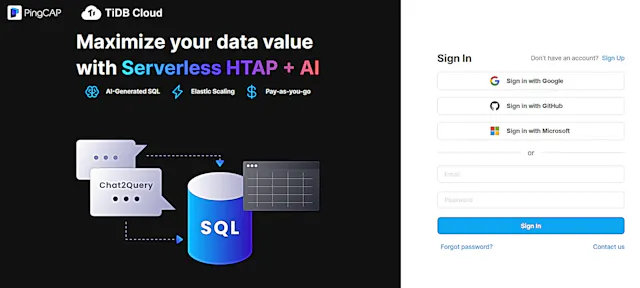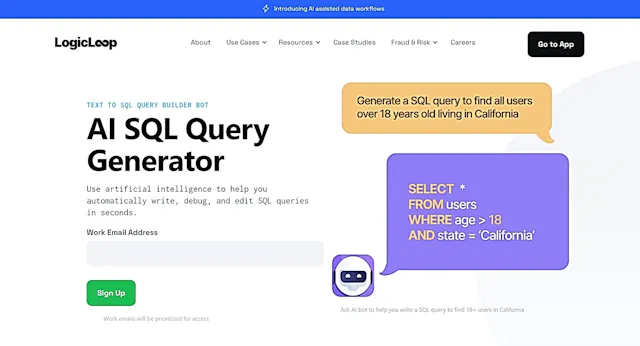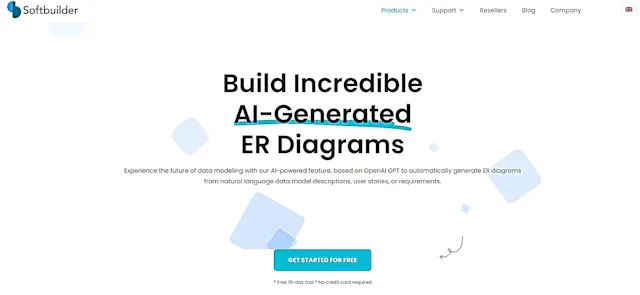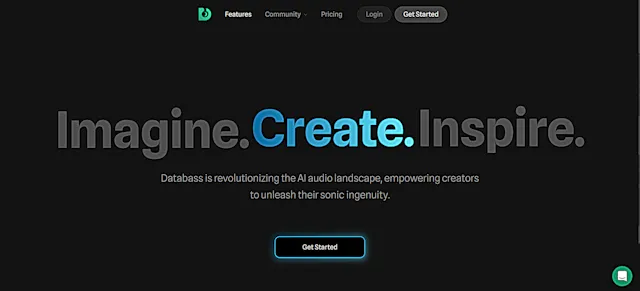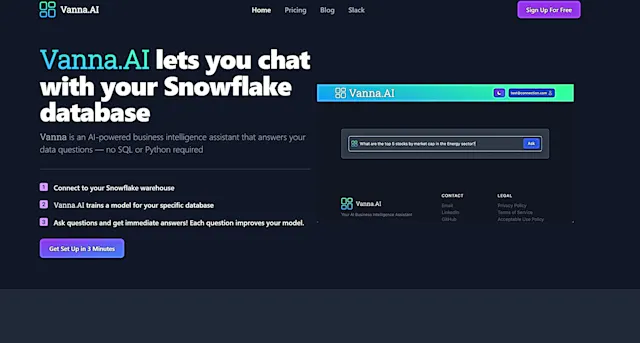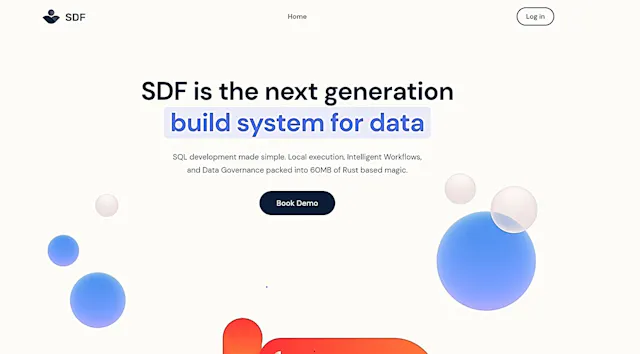
Sdf
What is SDF?
SDF is a developer platform for data that empowers organizations to scale SQL understanding across teams. It integrates with various cloud compute providers, storage formats, and orchestrators to power the composable data stack.
Top Features:
- SQL scaling: enables widespread SQL comprehension throughout an organization.
- Cloud integration: works with multiple cloud providers and storage formats.
- Data model support: ensures models align with company goals while maintaining compliance.
Pros and Cons
Pros:
- Improved development cycles: streamlines the process of creating and managing data models.
- Enhanced data security: automates best practices to safeguard sensitive information.
- Efficient scaling: helps organizations grow their data infrastructure responsibly.
Cons:
- Learning curve: may require time for teams to adapt to the new platform.
- Integration complexity: could be challenging to integrate with existing systems.
- Potential overhead: might add an extra layer to the data management process.
Use Cases:
- Schema migration: simplifies the process of updating and modifying database schemas.
- Data model development: allows teams to focus on creating more effective models.
- Compliance management: helps maintain data security and regulatory compliance.
Who Can Use SDF?
- Data teams: professionals working directly with data management and analysis.
- Developers: those building applications that rely on efficient data handling.
- IT managers: individuals overseeing data infrastructure and security protocols.
Pricing:
- Free Trial: available for testing the platform's capabilities.
- Pricing Plan: custom pricing based on specific organizational needs and usage.
Our Review Rating Score:
- Functionality and Features: 4.5/5
- User Experience (UX): 4/5
- Performance and Reliability: 4.5/5
- Scalability and Integration: 4.5/5
- Security and Privacy: 4.5/5
- Cost-Effectiveness and Pricing Structure: 4/5
- Customer Support and Community: 4/5
- Innovation and Future Proofing: 4.5/5
- Data Management and Portability: 4.5/5
- Customization and Flexibility: 4/5
- Overall Rating: 4.3/5
Final Verdict:
SDF stands out as a powerful tool for organizations aiming to improve their data management. Its ability to scale SQL understanding and integrate with various systems makes it valuable for data-driven companies. While there may be a learning curve, the benefits in efficiency and security are significant.
FAQs:
1) How does SDF improve data security?
SDF automates best practices in data handling and reinforces security protocols, helping to protect sensitive information and maintain compliance with regulations.
2) Can SDF integrate with existing data infrastructure?
Yes, SDF is designed to integrate with various cloud compute providers, storage formats, and orchestrators, allowing it to work within existing data ecosystems.
3) Is SDF suitable for small businesses?
While SDF can be beneficial for businesses of all sizes, its scalability features make it particularly useful for growing companies and those with complex data needs.
4) How long does it take to implement SDF?
Implementation time can vary depending on the complexity of your existing systems and the specific needs of your organization. SDF aims to streamline the process, but some learning curve should be expected.
5) Does SDF provide customer support?
Yes, SDF offers customer support to help with implementation, troubleshooting, and optimizing the use of the platform for your specific needs.
Stay Ahead of the AI Curve
Join 76,000 subscribers mastering AI tools. Don’t miss out!
- Bookmark your favorite AI tools and keep track of top AI tools.
- Unblock premium AI tips and get AI Mastery's secrects for free.
- Receive a weekly AI newsletter with news, trending tools, and tutorials.

